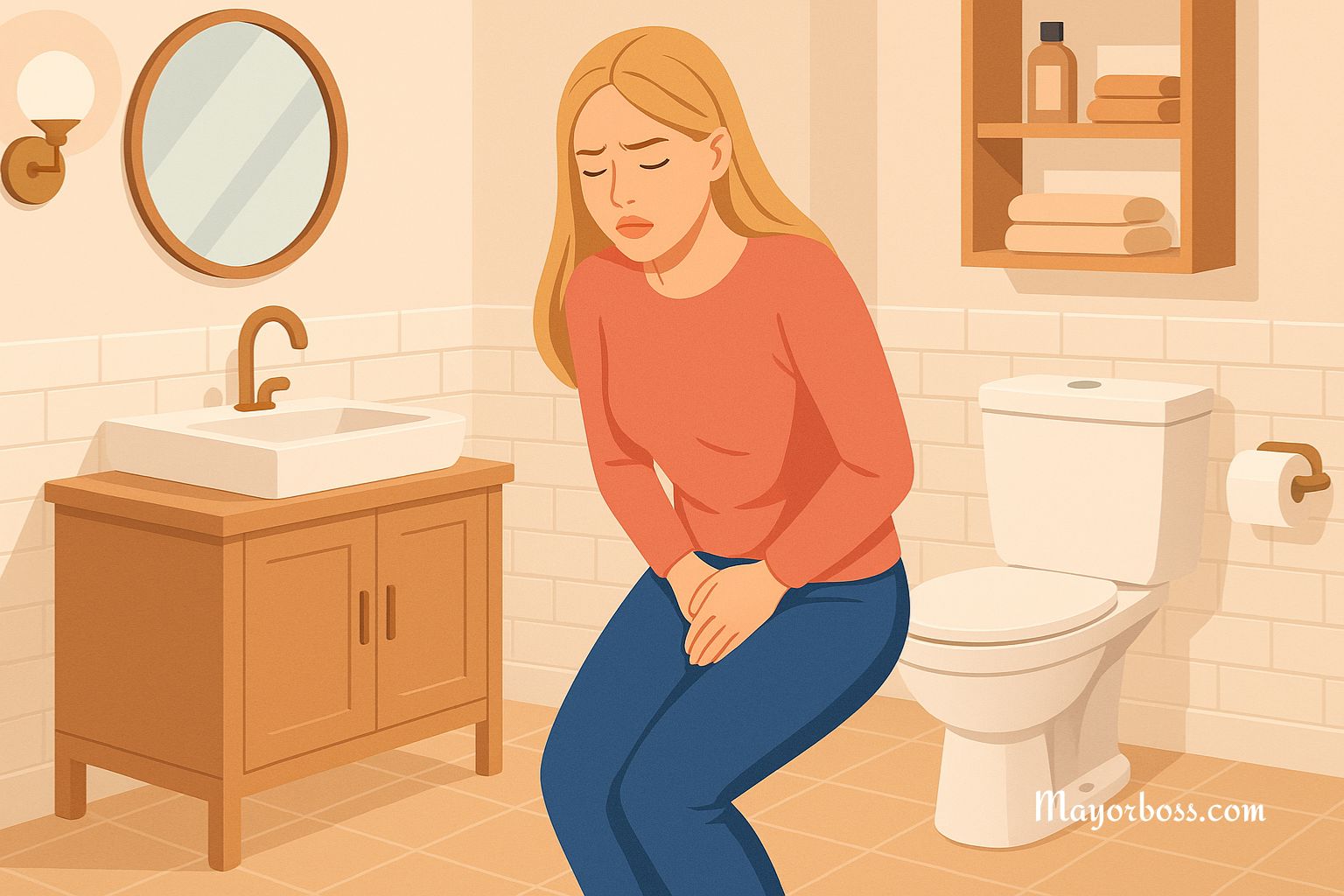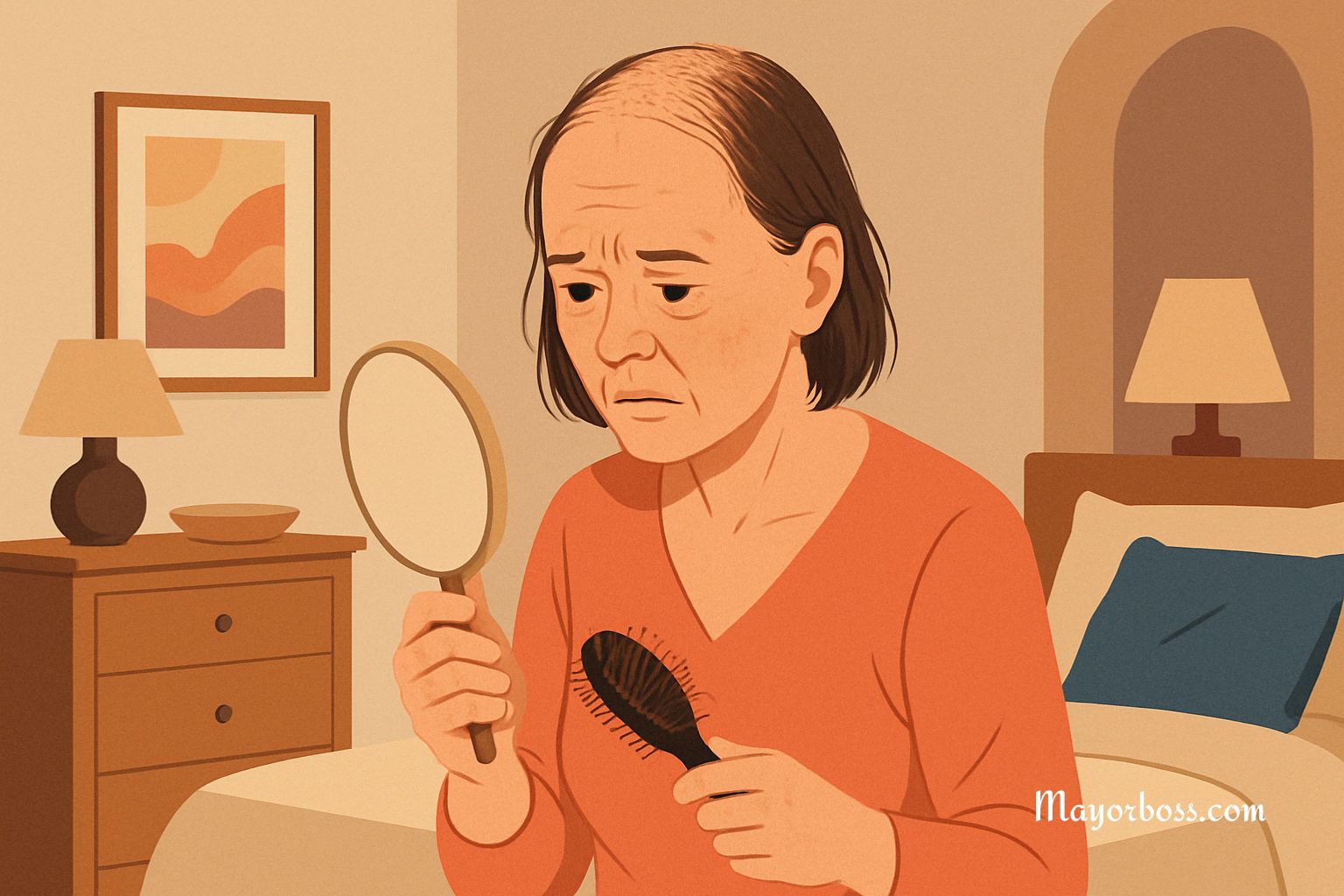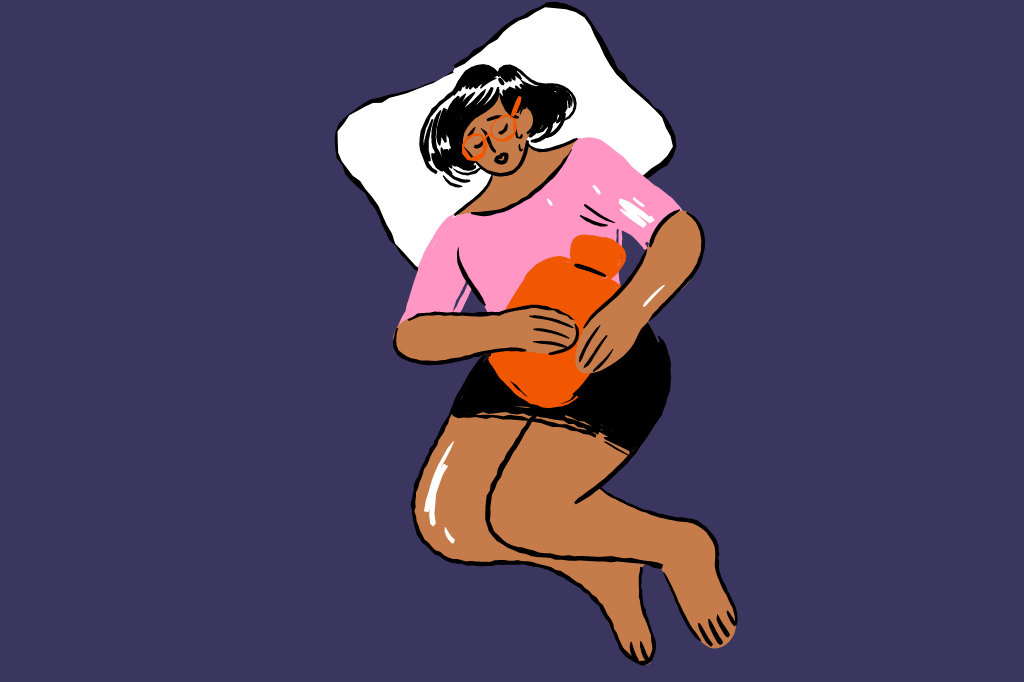6 Signs of Ovulation
Ovulation is a natural process that occurs in a woman’s body every month. It’s an essential part of the menstrual cycle and plays a significant role in fertility. If you’re a woman trying to understand your body better, this guide will help you learn about the signs of ovulation and how to recognize them.
What is Ovulation?
As you may already know, ovulation is the release of a mature egg from the ovary, which occurs approximately once a month in women of reproductive age. This egg travels down the fallopian tube, where it may be fertilized by sperm, leading to pregnancy. Ovulation normally occurs about fourteen days before the start of your next menstrual period, but this can vary from person to person.
Why is Knowing the Signs Important?
Recognizing the signs of ovulation can be beneficial for various reasons, such as tracking your menstrual cycle, planning or preventing pregnancy, and understanding your body’s natural rhythms. Knowing when you’re ovulating can help you be more in tune with your body and make informed decisions about your reproductive health.
Common Signs of Ovulation
1. Basal Body Temperature (BBT) Increase
Your basal body temperature (BBT) is your body’s temperature at rest. During ovulation, your BBT may rise slightly due to hormonal changes. To track your BBT, you’ll need a special thermometer that measures small changes in temperature. Take your temperature every morning before getting out of bed and record the results. Over time, you may notice a pattern indicating when you’re ovulating.
2. Changes in Cervical Mucus
Cervical mucus is a fluid secreted by your cervix that changes throughout your menstrual cycle. As ovulation approaches, your cervical mucus may become more abundant, clear, and slippery, resembling the consistency of raw egg whites. This change helps sperm travel more easily through the reproductive tract to reach the egg.
3. Breast Tenderness
Some women may experience breast tenderness or sensitivity around the time of ovulation. This is due to hormonal fluctuations that occur during the menstrual cycle. If you notice breast tenderness consistently around the same time each month, it could be a sign that you’re ovulating.
4. Mild Pelvic or Abdominal Pain
Some women may feel a slight ache or twinge in the lower abdomen, known as mittelschmerz, during ovulation. This pain is usually mild and lasts only a short time. However, not all women experience this sensation, and it should not be relied upon as the sole indicator of ovulation.
5. Increased Libido
Hormonal changes during ovulation may lead to an increased sex drive for some women. This is a natural response, as it promotes the chances of fertilization and pregnancy during the fertile window.
6. Spotting
Occasionally, some women may notice light spotting or bleeding during ovulation. This is due to a small drop in estrogen levels and is not a cause for concern.
Tracking Ovulation with Ovulation Predictor Kits (OPKs)
Ovulation predictor kits (OPKs) are an effective and easy way to detect ovulation. These kits measure the levels of luteinizing hormone (LH) in your urine, which surges just before ovulation. By using an OPK, you can identify your most fertile days and better understand your cycle.
The Bottom Line
Of course, understanding the signs of ovulation is a crucial step in becoming more familiar with your body and its natural processes. By recognizing these signs, you can better track your menstrual cycle, plan or prevent pregnancy, and be more in tune with your overall reproductive health.
Common signs of ovulation include changes in basal body temperature, cervical mucus, breast tenderness, mild pelvic or abdominal pain, increased libido, and spotting. Ovulation predictor kits can also be helpful in identifying your most fertile days.
Remember, every woman’s body is unique, and your ovulation signs may not be the same as someone else’s. If you have concerns or questions about your menstrual cycle or ovulation, don’t hesitate to reach out to a healthcare professional for guidance and support.
Also read: How Many Days After Your Period Can You Get Pregnant?






